August 31, 2020
The rise of solar energy is leading to a shift in the way we power lighting across the world
While global access to electricity has been rising, there are still 940 million people off the grid; solar technology can help more people access cheap, portable, and clean power to alleviate poverty and increase quality of life. But it can also enable developed countries – and those who are the largest consumers of fossil fuels – to transition to sustainable alternatives.
Signify has noticed the need for creative new methods to increase access to electricity while reducing energy consumption and is leading the way in advancing solar-powered lights.
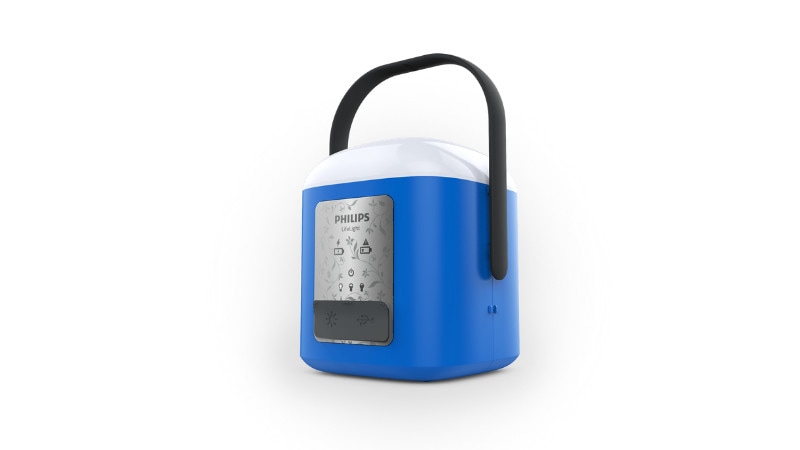
“Lack of light after dark is the single largest factor making women feel unsafe in their communities,” said Prajna Khanna, who heads up CSR at Signify. “Introducing the LifeLight to off-grid areas is helping transform the lives of people in these communities. It extends their day for commercial activity, education, and community life,” she added.
By 2050 – when the world must be climate neutral – additional infrastructure will be built for another two billion people. Now is the time for emerging economies to leapfrog into smarter technologies, bypassing carbon-intensive choices, for cleaner, more reliable, zero-carbon energy sources.
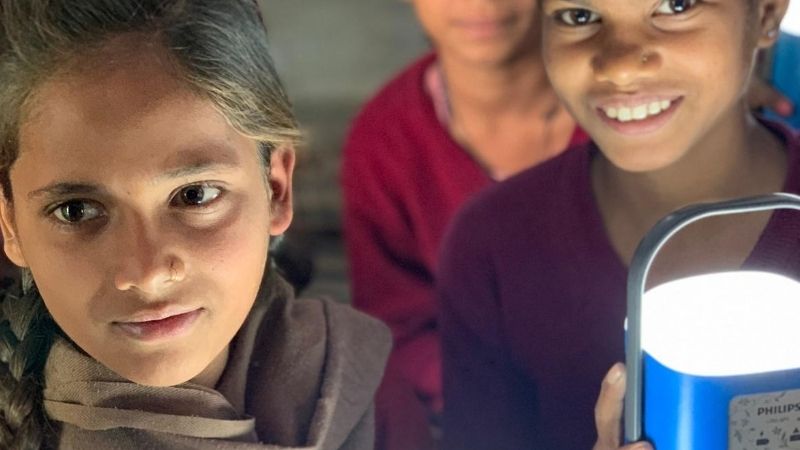
In the first phase, the project lit five badminton courts with high-mast solar LEDs. This has benefited the physical health, confidence, and sporting ability of 1,200 school children who, before the project, were restricted to lunch breaks to practice badminton. As well as the longer-term projects, solar power is also an efficient lighting solution for immediate need and emergency relief.
BRAC, the world’s largest NGO, partnered with Signify to distribute LifeLight solar lanterns to more than 46,000 Rohingya families in Bangladesh’s refugee camps – this will help improve quality of life by supporting basic needs.
“These clean solar powered lights will make the camps a much safer place at night, and are, therefore, making a much-needed contribution to the lives of people who are spending days in unimaginable difficulties,” said Asif Saleh, senior director of Strategy, Communication and Empowerment at BRAC and BRAC International.
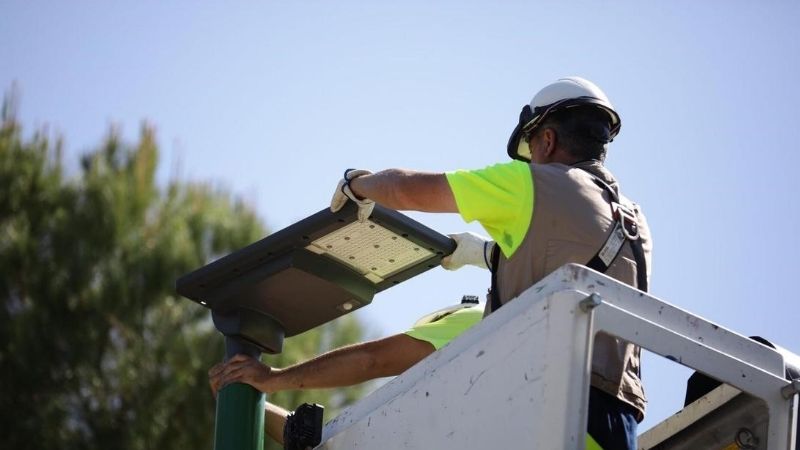
More recently, Signify has been experimenting with hybrid solar systems. The Philips Combo Charge Controller enables streetlights to be powered by clean solar electricity while accessing the mains grid if the battery runs out of power. This makes hybrid a feasible option for high-latitude countries where sunshine may be less reliable, and daylight is more dependent on the seasons.
Ultimately, a paradigm shift is occurring where solar power is no longer being attributed only to places where existing infrastructure lacks and instead is being seen as an important part of the global energy mix. The alternative is becoming the new norm.
First published with Climate Home News
Signify (Euronext: LIGHT) is the world leader in lighting for professionals, consumers and the Internet of Things. Our Philips products, Interact systems and data-enabled services, deliver business value and transform life in homes, buildings and public spaces. In 2023, we had sales of EUR 6.7 billion, approximately 32,000 employees and a presence in over 70 countries. We unlock the extraordinary potential of light for brighter lives and a better world. We have been in the Dow Jones Sustainability World Index since our IPO for seven consecutive years and have achieved the EcoVadis Platinum rating for four consecutive years, placing Signify in the top one percent of companies assessed. News from Signify can be found in the Newsroom, on X, LinkedIn and Instagram. Information for investors is located on the Investor Relations page.
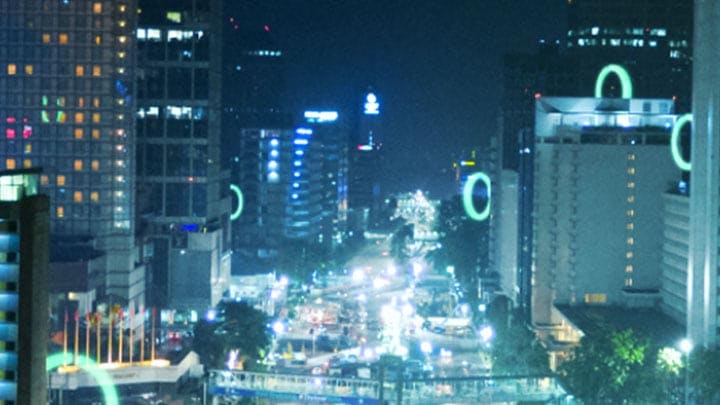
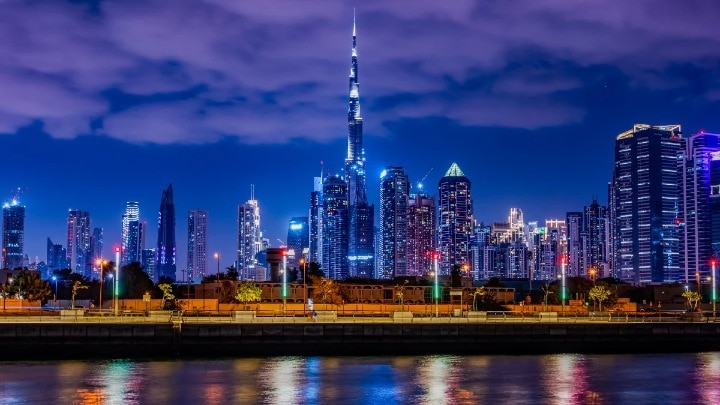
December 17, 2024
Transforming Dubai’s iconic buildings with connected lighting from Signify